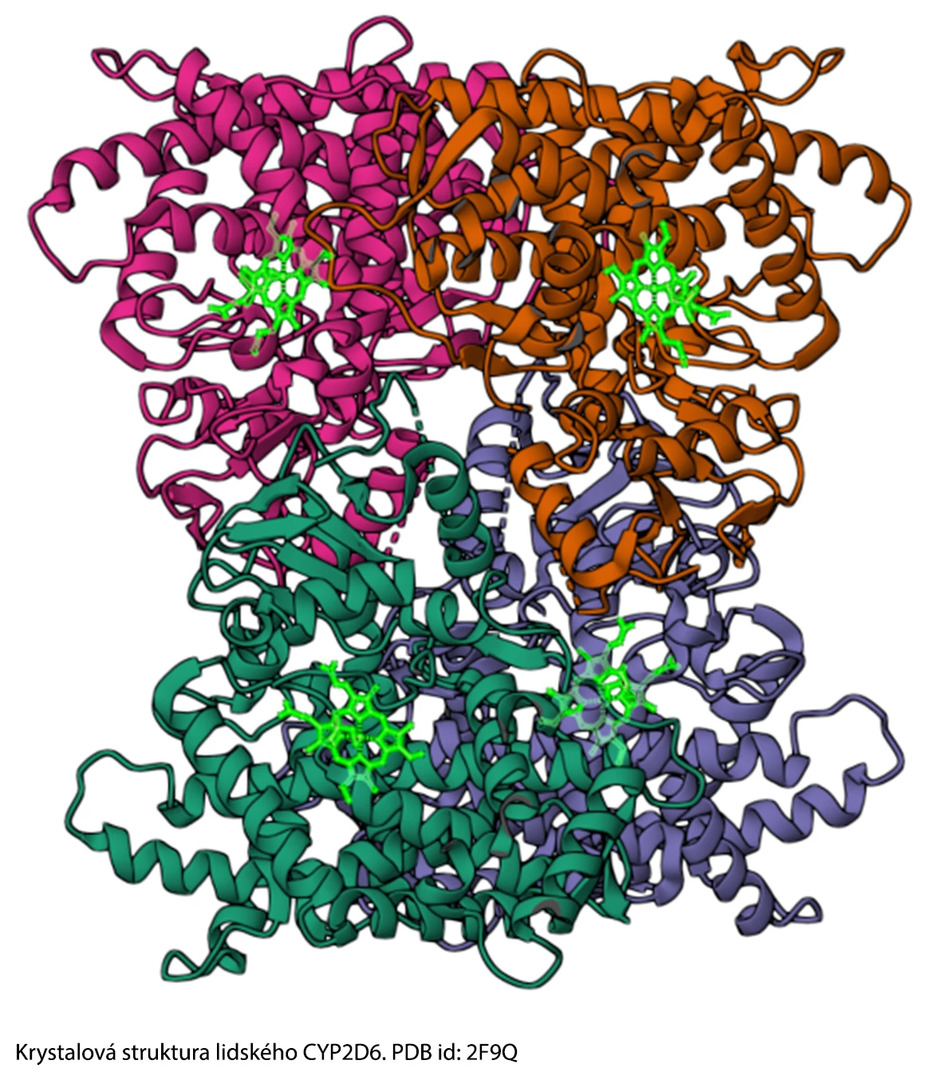-
News
- Technology /AI
- Medical journals
- Topics
Association of M2 Haplotype of the Annexin A5 Gene with Recurrent Reproductive Losses
5. 5. 2023
Annexin A5 (ANXA5) is a placental anticoagulant protein that ensures adequate blood supply to the fetus during pregnancy, and its deficiency can increase the incidence of vascular thrombosis in the placenta. Current research shows that the M2 haplotype of the ANXA5 gene may be associated with recurrent reproductive losses and obstetric complications due to placental disorders.
Etiology of Recurrent Reproductive Losses
Recurrent pregnancy loss (RPL) is defined by the European Society of Human Reproduction and Embryology (ESHRE) as ≥ 2 consecutive fetal losses before the 24th week of pregnancy. The definition is not globally unified. The incidence of RPL is estimated to be between 1% and 5%. The etiology is complex and diverse. The cause of RPL may be on the side of the fetus (mostly chromosomal abnormalities) or the mother (abnormalities of the reproductive tract, endocrine, immune, and infectious factors, and thrombophilia). In approximately half of the couples with RPL, the cause is not identified.
Previous studies suggest that single nucleotide polymorphisms (SNPs) of certain genes play a significant role in reproductive failure, as they increase the risk of hereditary thrombophilia and are associated with the thrombosis of placental vessels due to coagulation disorders and subsequent RPL. These include the genes for factor V (F5, Leiden variant) and prothrombin (F2). A newly identified gene associated with RPL is ANXA5.
Function of ANXA5 Protein
Annexin A5 (ANXA5) is a Ca2+-dependent placental anticoagulant protein belonging to the ANX group of proteins found in placental trophoblasts, monocytes, macrophages, endothelial cells, and many other tissues. ANXA5 has anticoagulant effects. It is abundantly expressed on the apical membrane of the placental syncytiotrophoblast at the materno-fetal junction, where it plays a crucial anticoagulant role in maternal blood in the intervillous space. It is also referred to as the placental anticoagulant protein. There is now substantial evidence that ANXA5 may play a significant role in maintaining pregnancy.
ANXA5 has a high affinity for phospholipids on the surface of the syncytiotrophoblast membrane, particularly phosphatidylserine, with which it forms a crystalline structure covering the phospholipid bilayer. This prevents phospholipid-mediated coagulation and reduces the hypercoagulable state of placental blood. Additionally, ANXA5 can bind to phospholipids of activated platelets and inhibit their activity. It also acts as a modulator of phospholipase A2, thereby suppressing thrombosis by disrupting the arachidonic acid metabolism.
M2 Haplotype of ANXA5 and Its Impact on RPL and Pregnancy Complications
ANXA5 is encoded by the ANXA5 gene on chromosome 4. In the promoter region of this gene, there are six common single nucleotide polymorphisms (SNPs) which can form haplotypes denoted M1 and M2. These two haplotypes, especially M2, can reduce the transcriptional activity of the ANXA5 gene promoter by 40% to 60%. The result is reduced expression of ANXA5. Women with the M2 haplotype of ANXA5 have a 2.42 times higher risk of pregnancy loss than women without this haplotype. The influence of the M1 haplotype of ANXA5 is expressed less than the influence of the M2 haplotype.
Fig. Schematic representation of the normal function of the ANXA5 protein in the placenta during pregnancy and the pathophysiological deficient expression of ANXA5 in the placenta of an individual with the M2 haplotype1

Case-control studies conducted in different populations have shown a higher prevalence of RPL in individuals with the M2 haplotype of ANXA5. Subsequent studies since 2007 have demonstrated that this haplotype is a significant risk factor for RPL. There is also sufficient evidence that if it occurs in the father, it presents the same risk as in the mother. The increased risk of RPL in fathers with the M2 haplotype of ANXA5 may be due to the transmission of the gene with this haplotype to the embryo, resulting in reduced expression of ANXA5 in embryonic trophoblast cells. Based on the results of these studies, screening for the M2 haplotype of ANXA5 should be considered for couples with RPL or recurrent implantation failure.
This haplotype may also be the cause not only of RPL but also of other pregnancy complications associated with placental disorders, such as fetal growth retardation, preeclampsia, or preterm birth. It has been shown that the M2 haplotype of ANXA5 occurs with 1.7 times higher prevalence in couples with pregnancy complications than in the general population.
Conclusion
Research shows that the M2 haplotype of ANXA5 correlates with the occurrence of recurrent reproductive losses and could thus be used in clinical practice as a new diagnostic indicator of increased risk of RPL or pregnancy complications related to placental disorders. According to current Czech guidelines, couples with RPL are currently only examined for karyotype in both partners and thrombophilic mutations in the F5 and F2 genes in women. If tissue from the aborted fetus is available, cytogenetic and molecular genetic examination of the fetal tissue is performed.
(zza)
Sources:
1. Peng L., Yang W., Deng X., Bao S. Research progress on ANXA5 in recurrent pregnancy loss. J Reprod Immunol 2022 Sep; 153 : 103679, doi: 10.1016/j.jri.2022.103679.
2. Genetic laboratory testing in reproductive genetics. 3rd revised edition. Recommended procedure. Society of Medical Genetics and Genomics of the Czech Medical Association, 10. 10. 2018. Available at: https://slg.cz/documents/11/doporuceny-postup-reprodukcni-genetika-2018-10-10.pdf
Did you like this article? Would you like to comment on it? Write to us. We are interested in your opinion. We will not publish it, but we will gladly answer you.
Labels
Paediatric gynaecology Paediatric clinical oncology Paediatric psychiatry Gastroenterology and hepatology Medical genetics Gynaecology and obstetrics Haematology Clinical oncology Psychiatry Clinical psychology
Login#ADS_BOTTOM_SCRIPTS#Forgotten passwordEnter the email address that you registered with. We will send you instructions on how to set a new password.
- Technology /AI
